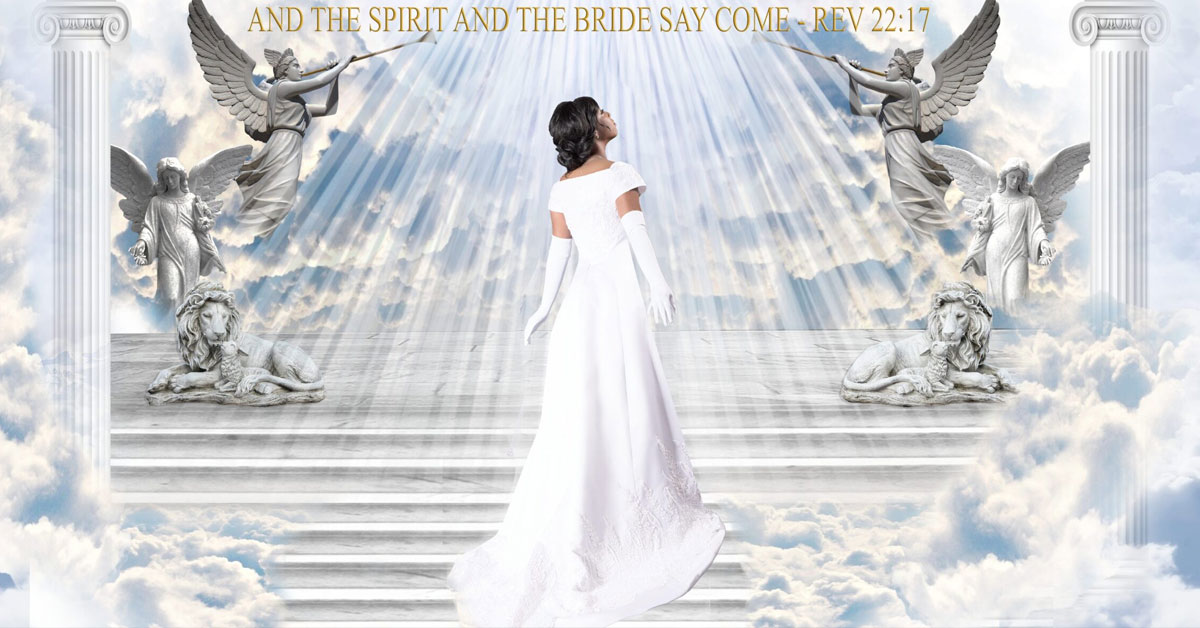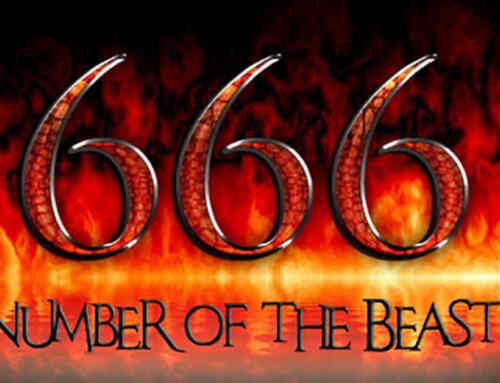The “branches” do not represent the various different religious denominations of Christendom. At the time the parable was given, there were no denominations, and none were organized until several centuries afterward. Jesus never authorized the formation of these denominational systems, and furthermore, he has never recognized them as his representatives. If anything, they are of the “vine of the earth” (Revelation 14:18), for they are of an earthly or human origin.
In the parable, the Master was addressing his disciples and telling them that they were the branches. His language is, “I am the true vine, ye are the branches.” Jesus was referring to individuals when in the fifth verse, he says, “If a man abide not in me, he is cast forth as a branch.” This same intimate relationship existing between Jesus and his faithful followers is pictured by the Apostle Paul when he uses the illustration of the natural body. The body shows how the brethren in Christ are members of the one body of Christ, 1 Corinthians 12:14-27.
Additional Resource:
Christian Questions Podcast
Episode #1171: “How Did Jesus Prepare His Disciples for His Death?”
Absorbing Jesus’ focused teaching on the night before his death
Preview Video
CQ Rewind Show Notes










